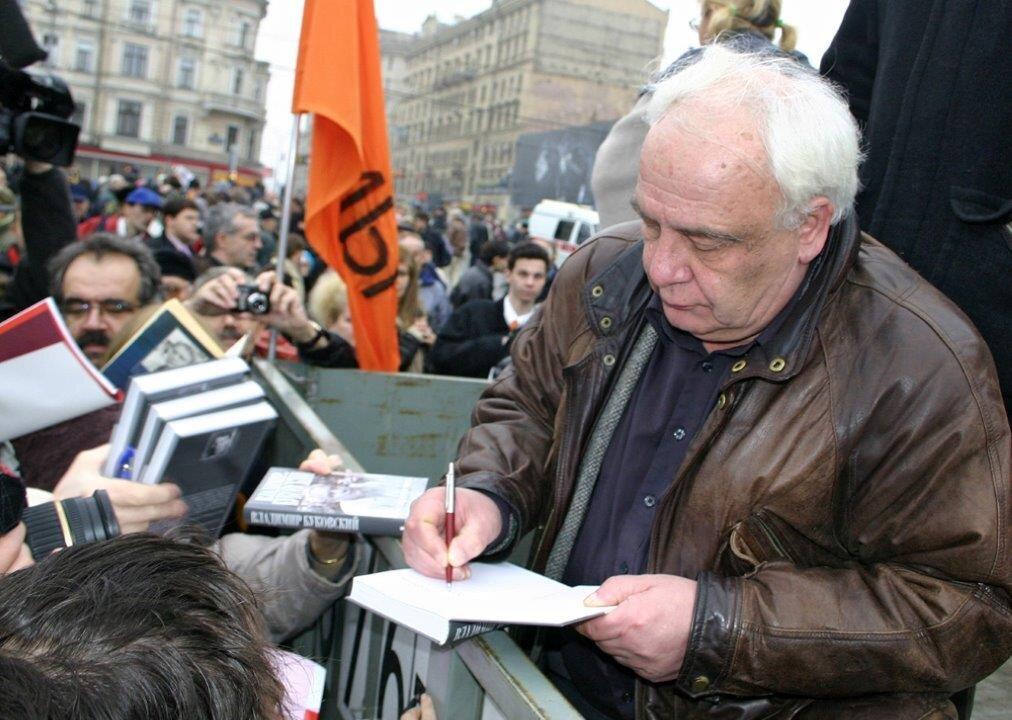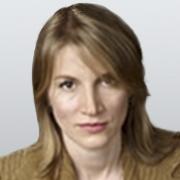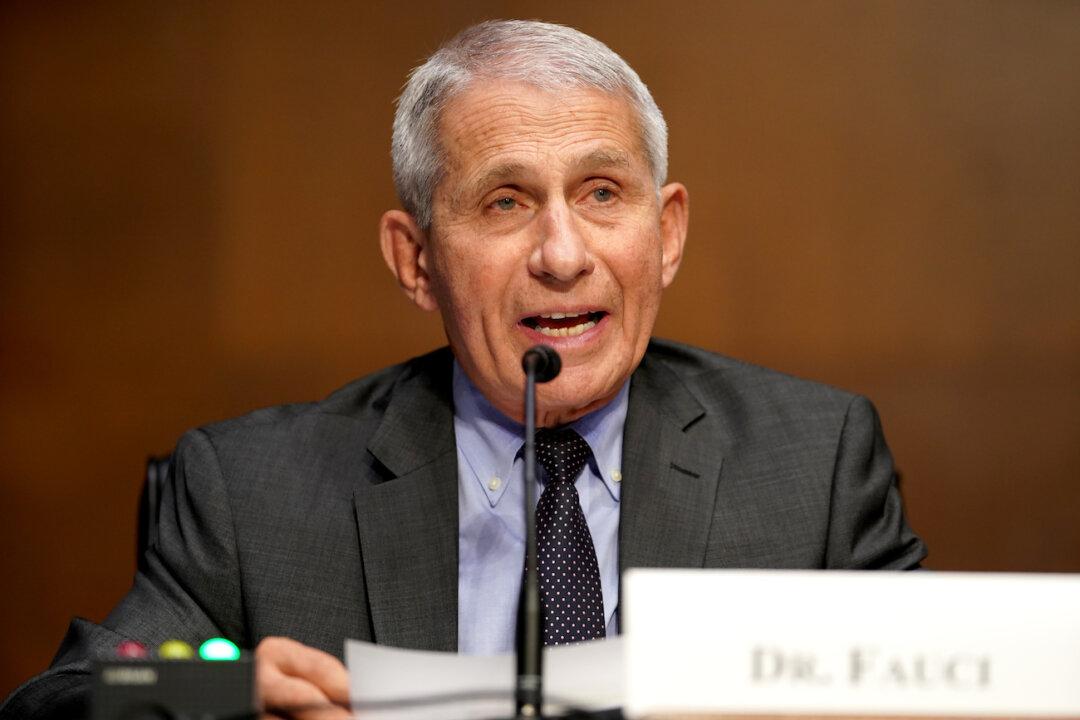In March, The Epoch Times interviewed Vladimir Bukovsky, the author of “Judgment in Moscow: Soviet Crimes and Western Complicity,” about his life and work.
The Epoch Times: What are your thoughts about “Russiagate,” the probe into whether our president colluded with Russia, with Putin, to win the election?





